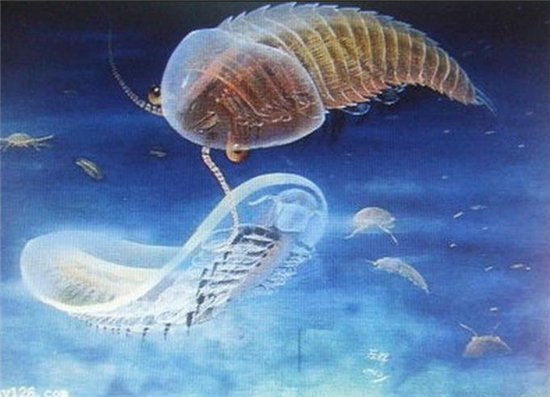Anniversaries were few and far between in the Archaean world. For two billion years bacterial organisms were the only forms of life. They lived, they reproduced, they swarmed, but they didn't show any particular inclination to move on to another, more challenging level of existence. At some point in the first billion years of life, cyanobacteria, or blue-green algae, learned to tap into a freely available resource—the hydrogen that exists in spectacular abundance in water. They absorbed water molecules, supped on the hydrogen, and released the oxygen as waste, and in so doing invented photosynthesis. As Margulis and Sagan note, photosynthesis is "undoubtedly the most important single metabolic innovation in the history of life on the planet"—and it was invented not by plants but by bacteria.

As cyanobacteria proliferated the world began to fill with O2 to the consternation of those organisms that found it poisonous—which in those days was all of them. In an anaerobic (or a non-oxygen-using) world, oxygen is extremely poisonous. Our white cells actually use oxygen to kill invading bacteria. That oxygen is fundamentally toxic often comes as a surprise to those of us who find it so convivial to our well-being, but that is only because we have evolved to exploit it. To other things it is a terror. It is what turns butter rancid and makes iron rust.












